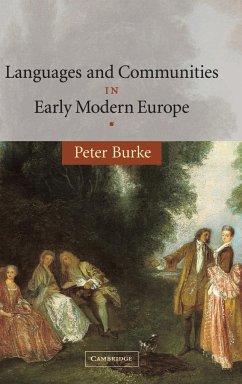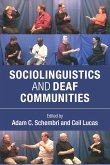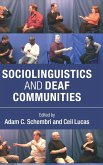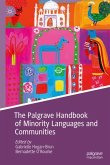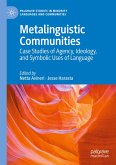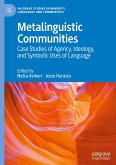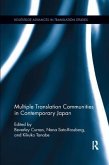Short description/annotation
A cultural history of European languages from the invention of printing to the French Revolution.
Main description
In this magisterial new study, Peter Burke explores the social and cultural history of the languages spoken or written in Europe between the invention of printing and the French Revolution, arguing that, from a linguistic point of view, 1450 to 1789 should be regarded as a distinct period. One major theme of the book is the relation between languages and communities (regions, churches, occupations and genders as well as nations) and the place of language as a way of identifying others as well as a symbol of one's own identity. A second, linked theme is that of competition: between Latin and the vernaculars, between different vernaculars, dominant and subordinate, and finally between different varieties of the same vernacular, such as standard languages and dialects. Written by one of Europe's leading cultural historians, this book restores the history of the many languages of Europe in a large variety of contexts.
Table of contents:
Prologue: communities and domains; 1. 'Speak, that I may see thee': the discovery of language in early modern Europe; 2. Latin: a language in search of a community; 3. Vernaculars in competition; 4. Standardizing languages; 5. Mixing languages; 6. Purifying languages; Epilogue: languages and nations; Appendix.
Hinweis: Dieser Artikel kann nur an eine deutsche Lieferadresse ausgeliefert werden.
A cultural history of European languages from the invention of printing to the French Revolution.
Main description
In this magisterial new study, Peter Burke explores the social and cultural history of the languages spoken or written in Europe between the invention of printing and the French Revolution, arguing that, from a linguistic point of view, 1450 to 1789 should be regarded as a distinct period. One major theme of the book is the relation between languages and communities (regions, churches, occupations and genders as well as nations) and the place of language as a way of identifying others as well as a symbol of one's own identity. A second, linked theme is that of competition: between Latin and the vernaculars, between different vernaculars, dominant and subordinate, and finally between different varieties of the same vernacular, such as standard languages and dialects. Written by one of Europe's leading cultural historians, this book restores the history of the many languages of Europe in a large variety of contexts.
Table of contents:
Prologue: communities and domains; 1. 'Speak, that I may see thee': the discovery of language in early modern Europe; 2. Latin: a language in search of a community; 3. Vernaculars in competition; 4. Standardizing languages; 5. Mixing languages; 6. Purifying languages; Epilogue: languages and nations; Appendix.
Hinweis: Dieser Artikel kann nur an eine deutsche Lieferadresse ausgeliefert werden.

